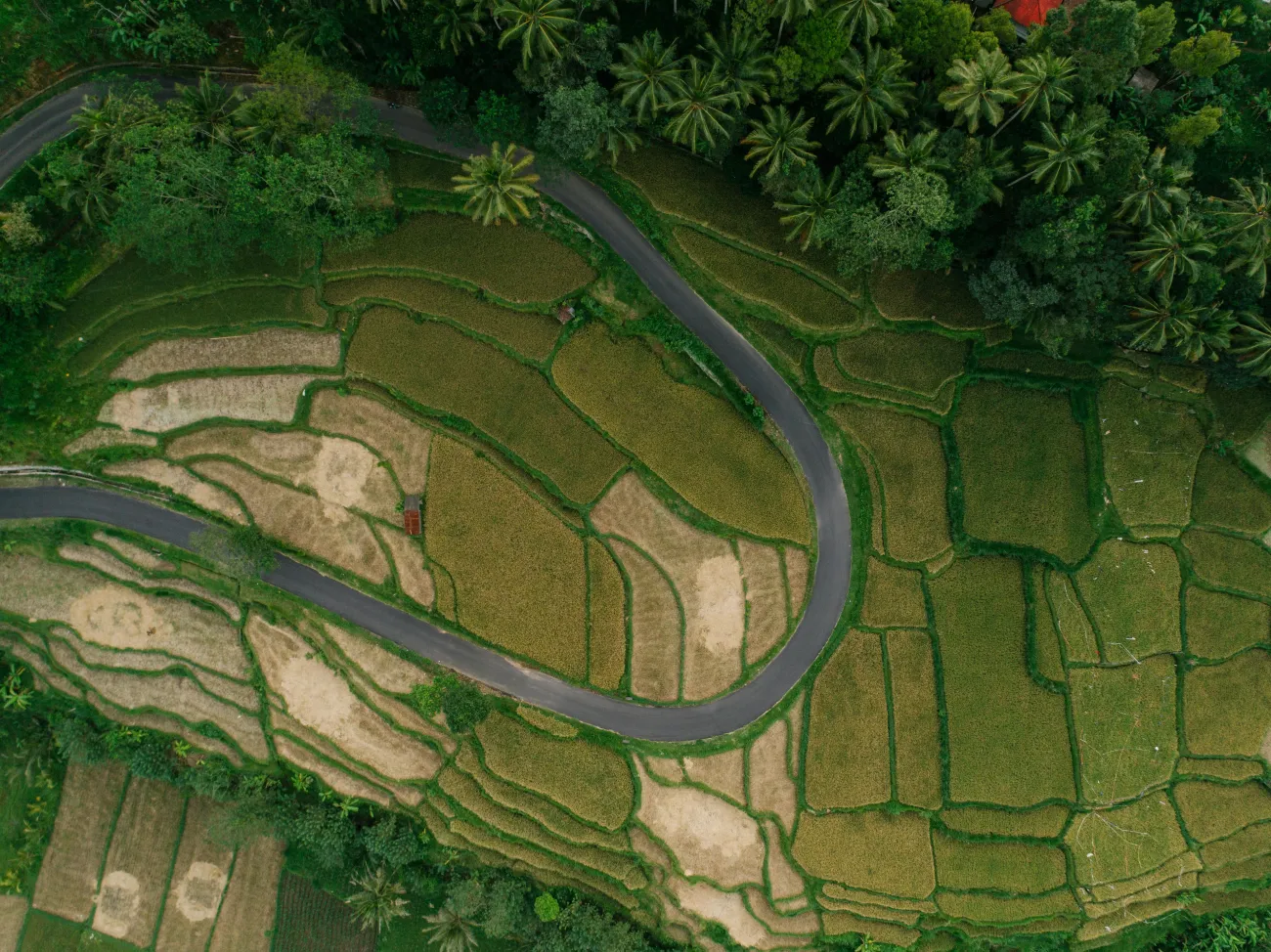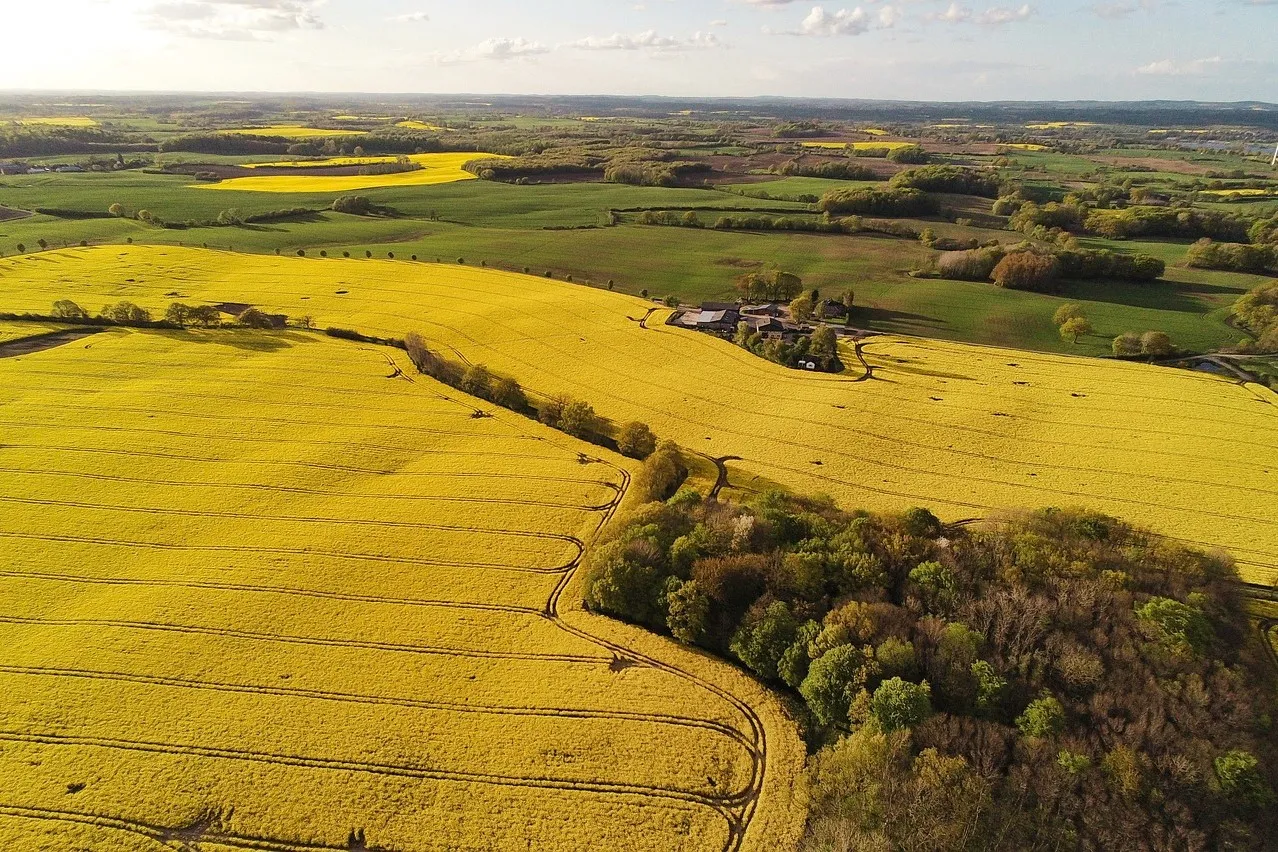Land sharing is the principle of integrating nature conservation approaches into agricultural production across a region. Its characteristics are that of low-yielding farmland with higher biodiversity, but with less land available for the sole purpose of nature conservation. Land sharing sits at one end of the two extremes of the land sparing-sharing continuum. It has in particular been criticised for leading to lower levels of biodiversity on a regional scale and for a tendency for generalist species to thrive at the expense of specialist or endemic species.

